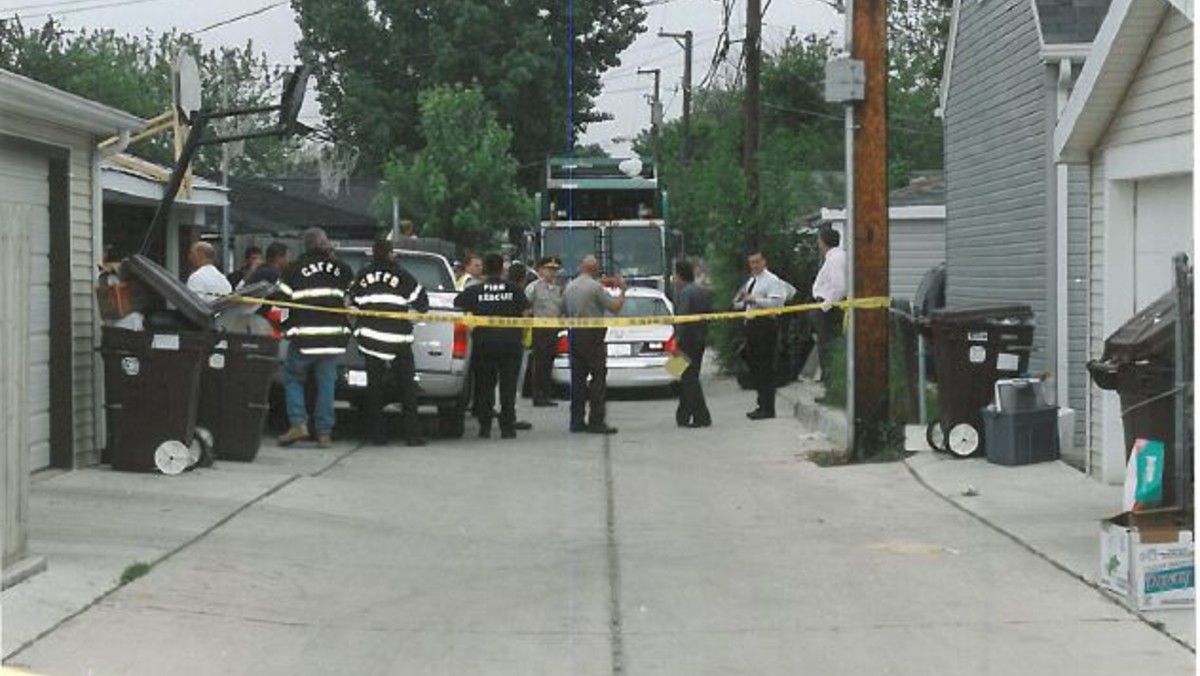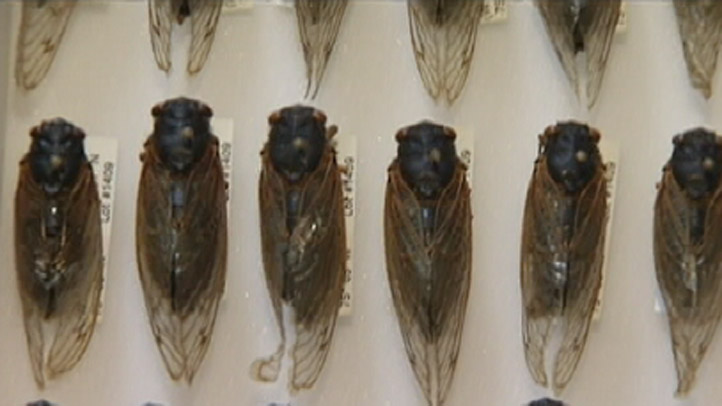A controversial Brighton Park location will not be used to house migrants in a basecamp this winter, Governor J.B. Pritzker announced Tuesday citing concerns over contaminants found on the property.
The rejection of the site follows a pause on construction over the weekend as the Illinois EPA reviewed a recent environmental assessment report.
The 800-page report released late Friday by the City of Chicago revealed the presence of toxic metals – including mercury in the soil at levels that exceeded environmental standards.
In an accompanying statement, the City of Chicago said that the soil had been removed and disposed of at an off-site location and that additional remediation efforts were planned. A six-inch layer of gravel was added to the site to mitigate exposure concerns.
On Tuesday, Gov. Pritzker released a statement saying the Illinois EPA had reviewed the environmental assessment report and found that both the testing and the remediation efforts were “insufficient.”
Pritzker’s statement Tuesday read in part: “IEPA cited concerns related to insufficient soil sampling and remediation. Given the significant time required to conduct additional sampling, to process and analyze results, and to implement corresponding further remediation, the State will work with the City to identify alternate shelter options.”
The statement later read:
“IEPA conducted a thorough review of the Environmental Investigation and Corrective Action Summary prepared for the City of Chicago and identified several concerns with the sampling and remediation work performed at the Brighton Park site. IEPA found:
- The limited nature and insufficient number of soil borings conducted at the site does not provide a comprehensive assessment of environmental conditions across the site.
- Additional soil sampling is needed to further determine if there is additional contamination at the site and to fully investigate potential sources of contamination that were identified from historical site use.
The remediations implemented thus far do not satisfy IEPA standards and are insufficient. At a minimum, an expanded engineered barrier between contaminated soil and human exposure would need to be installed to address exposure concerns. Further investigation might also identify additional contamination that would require additional remediation.”
Feeling out of the loop? We'll catch you up on the Chicago news you need to know. Sign up for the weekly Chicago Catch-Up newsletter here.
Local
Mayor Brandon Johnson, who has ignored questions in recent days, did speak with reporters Tuesday afternoon after the news broke.
“The state did not provide any additional guidelines or any sort of methodology in which they were requiring us to go by. So we use the standards that were available to us, the site has been substantiated as being safe by third party validators,” Johnson said.
Johnson said the city’s mission will continue to be to remove migrants from sleeping outside Chicago police stations and inside airports as winter arrives.
The 800-page report notes that the city’s testers returned to the site on November 14 to further explore areas where mercury was discovered.
That raises questions about if the city could have publicly shared details about the contamination sooner.
NBC 5 Investigates pressed Johnson about that Tuesday:
“Well, the agreement is with a private entity, " Johnson said. "So, there are different processes that take place when it's a private space. This private space and this agreement that the state of Illinois went into with GardaWorld that because it is a private space, that there are processes and procedures that apply differently than a publicly owned space,” Johnson said, adding later:
“We've always been forthright that we were at testing for environmental hazards. That was never a question of what our work entailed. And so, as I said that we will make that report available based upon the guidelines and standards, the legal standards that are established in order for that information to be made available. I've kept my word that report is available throughout that entire process.”
When asked last Tuesday what specific contaminants were found on the site, Johnson would not answer, only saying: “The assessment is ongoing, the full report will be provided by the end of the week.”
The City of Chicago paid Terracon Consultants $50,000 to conduct the environmental assessment report.
It also inked a land use agreement that could’ve put Chicago taxpayers on the hook for up to $548,000. But there is language in the contract that allows the city to get out of the deal if the land is deemed to be not suitable for its intended use.
When asked if the City of Chicago intends to get out of this agreement, a spokesman for the mayor said that is under review.
When asked about who will foot the bill for the current construction costs thus far, the spokesman said the costs would go to the state.
Another migrant site location near 115th and Halsted is still under review, according to spokesman Ronnie Reese.



